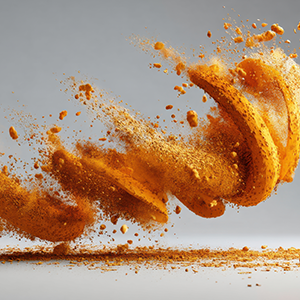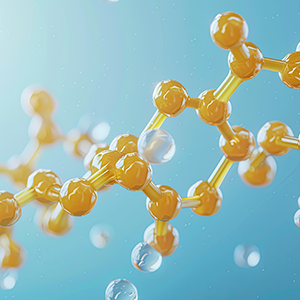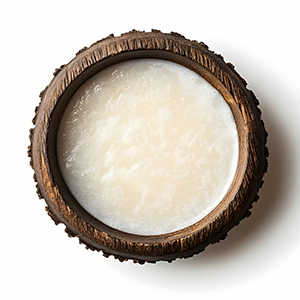Epigenetics & ageing: can lifestyle help rewind the clock?

Epigenetics is a field of study that looks at how lifestyle factors can influence our genes (DNA) to affect biological functioning at the cellular level.
How lifestyle choices influence your genes
For example, spending a day at the beach without sunscreen can trigger harmful changes in your skin’s DNA (I know, right – who doesn’t love the sun?!).
The good news, however — thank you, epigenetics — is that you can encourage positive changes too. Certain plant compounds, like the polyphenols in green tea, can positively influence gene expression. One such polyphenol is EGCG (epigallocatechin gallate), an antioxidant that switches on genes protecting skin cells from UV damage and reducing inflammation.
Biological age vs chronological age: what’s the difference?
Epigenetics plays a key role in understanding chronological age vs biological age. Your chronological age relates to your date of birth and can’t be changed (legally!). Biological age, however, reflects how well your cells, tissues, and organs are functioning, based on molecular and biochemical markers — many of which are influenced by epigenetics.
The 12 hallmarks of ageing
Years of research into cellular ageing led scientists to define a framework of biological mechanisms that drive the ageing process. This has since been expanded to recognise 12 distinct hallmarks of ageing.
Some of the most studied include:
- chronic inflammation
- gut dysbiosis
- mitochondrial dysfunction
- epigenetic alterations
These hallmarks are all interconnected, and crucially, they can be affected by lifestyle factors such as sleep, exercise, stress, illness, diet, and some supplements.
From science fiction to real science: Yamanaka factors
Novel research in this area is gaining traction. For example, two recent studies backed by the USA’s National Institute of Ageing (NIH) looked at molecules called Yamanaka factors — molecules that can reprogram cells.
At Harvard, Dr. David Sinclair used Yamanaka factors to restore vision in mice with glaucoma by reversing age-related damage in eye cells. Meanwhile, Dr. Thomas Rando at Stanford explored combining Yamanaka factors with body tissues to revitalise and repair them. Dr Rando even references the comic book character Wolverine’s ability to heal himself at super speed, saying: “It sounds far-fetched, but biologically, we do that too — just much slower.”
Camino’s approach: targeting ageing at the cellular level
Closer to home, at Camino, we’ve taken this science and translated it into practical solutions. Our Premium Vitality Capsules combine three powerful, evidence-backed ingredients to positively influence age-related changes at the cellular level: CoQ10, NAD+ booster nicotinamide riboside (NR), and a breakthrough botanical called MonaJuventa™ Nu.
All three have impressive science behind them — and MonaJuventa™ Nu, in particular, has shown significant reduction in epigenetic age and cellular inflammation after just 80 days of continuous use in a gold-standard clinical trial.





